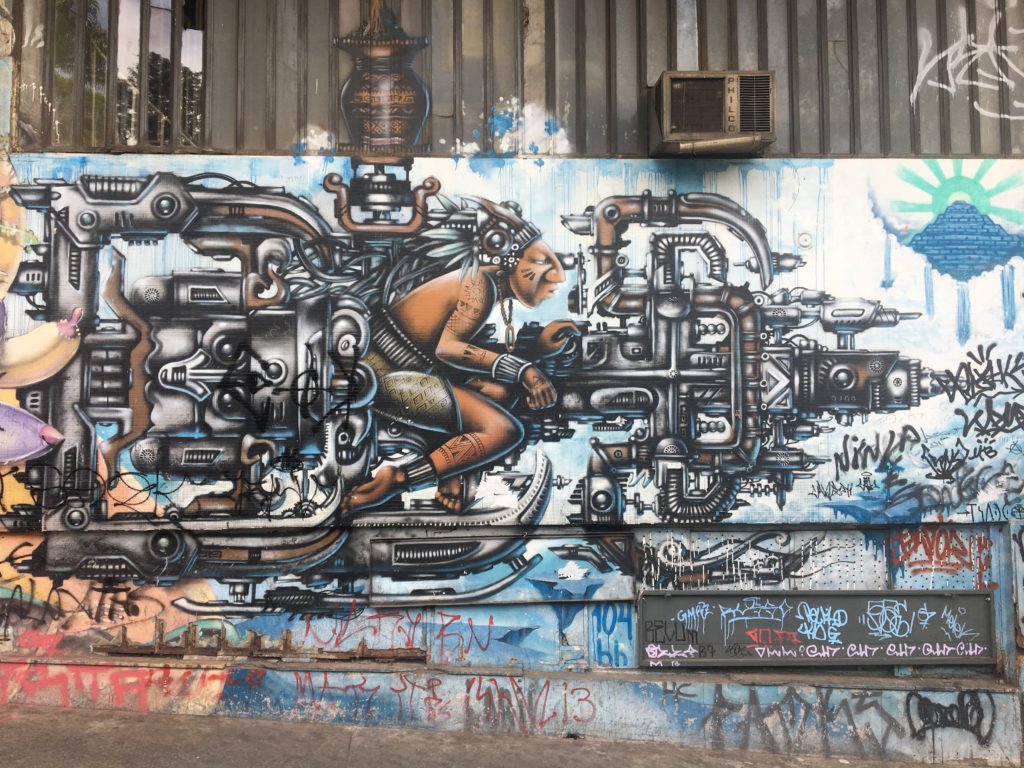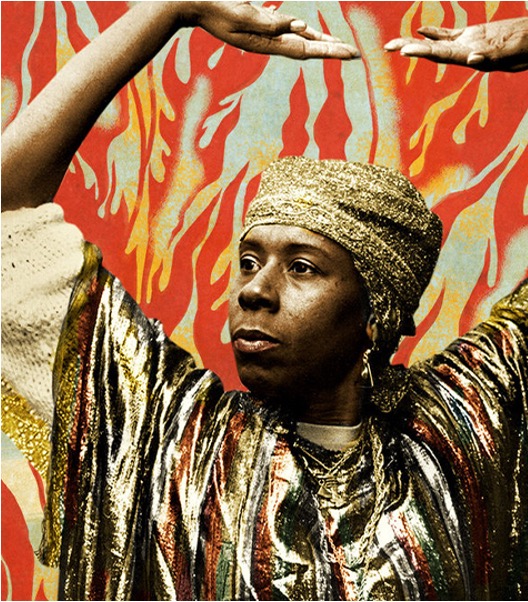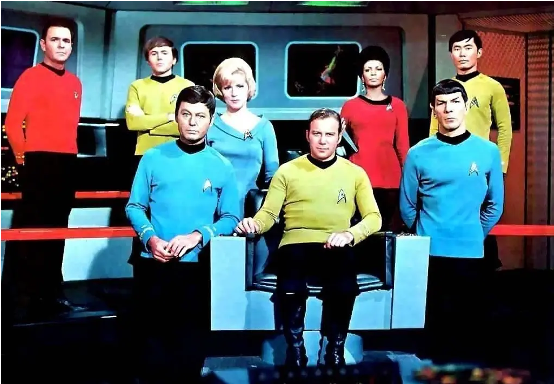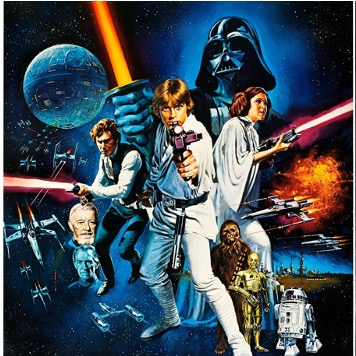
Introdução
A noção de Afrofuturismo consiste basicamente na ideia de que pessoas negras existem e possuem protagonismo no futuro, embora historicamente haja havido esforços para aniquilar a sua existência. O conceito vem do campo da literatura de ficção científica especulativa e aparece pela primeira vez num ensaio de 1990 do escritor norte americano Mark Dery denominado “Black to the future: interviews with Samuel R. Delany, Greg Tate and Tricia Rose.
Einleitung
Das Verständnis von Afrofuturismus besteht im Wesentlichen aus der Vorstellung, dass Schwarze Menschen in der Zukunft existieren und eine Hauptrolle in Welt spielen, obwohl es in der Vergangenheit Bestrebungen gegeben hat, ihre Existenz auszulöschen. Das Konzept stammt aus dem Bereich der spekulativen Science-Fiction-Literatur und erschien erstmals 1990 in einem Essay des amerikanischen Schriftstellers Mark Dery mit dem Titel “Black to the future: interviews with Samuel R. Delany, Greg Tate and Tricia Rose.”
Deste modo, o Afrofuturismo parte da constatação de que nos mundos retratados na literatura e no cinema de ficção científica não existem pessoas negras, ou, quando elas existem, possuem apenas um papel alegórico ou secundário, conforme aponta Nataly Néri na palestra “Afrofuturismo a necessidade de novas utopias.”
Der Afrofuturismus geht also von der Erkenntnis aus, dass es in den Welten, die in der Science-Fiction-Literatur und im Kino dargestellt werden, keine schwarzen Menschen gibt, oder wenn doch, dann spielen sie nur eine allegorische oder untergeordnete Rolle.
Sun Ra
Ícone do Afrofuturismo


Apesar de o conceito ter surgido nos anos 90 do século passado, décadas antes artistas e escritores afrodescendentes já postulavam por um Afrocentrismo especulativo em suas obras seja na literatura, nas artes plásticas ou na música. Nesse contexto, o jazzista Sun Ra tornou-se o ícone que veio a sintetizar o Afrofuturismo da forma mais abrangente.
Obwohl das Konzept erst in den 1990er Jahren aufkam, postulierten Künstler und Schriftsteller afrikanischer Abstammung bereits Jahrzehnte zuvor einen spekulativen Afrozentrismus in ihren Werken, sei es in der Literatur, der bildenden Kunst oder der Musik. In diesem Zusammenhang wurde der Jazzmusiker Sun Ra zu der Ikone, die den Afrofuturismus am umfassendsten zusammenfasste.
“African Americans, in a very real Sense, are the descendants of alien abductee; they inhabit a sci-fi nightmare in which unseen but no less impassable force field of intolerance frustrate their movements; official histories undo what has been done; and technology it too often brought to bear black bodies (branding, forced sterilization, the Tuskegee experimento, and teasers como readily to mind).
Moreover, the sublegitimate status of science fiction as a pulp genre in Western literature mirrors the subaltern position to which blacks have been relegated throughout American history” (…) Speculative fiction that treats African-American themes and addresses African-American concerns in the context of twentieth-century techno culture – and, more generally, African-American signification that appropriates image of technology and a prosthetically enhanced future – might, for want of a better term, be called “Afrofuturism”. The notion of Afrofuturirism gives rise to a troubling antinomy: Can a community whose past has been deliberately rubbed out, and whose energies have subsequently been consumed by the search for legible traces of its history, imagine possible futures?
(Dery 1990: 180)
Have you ever felt like an alien? Homeless in a deep cosmic sense? How would you live on a strange planet? The answer for Sonny Blount was his music. The words he uses to describe it sound strange, however: “my music playing the kind of world I know about.” His music plays a world, a “pure solar world.” A world beyond this one, better than this one. This book listens to Sonny’s music as it plays that solar world in all its extraterrestrial strangeness, space music that nevertheless arose in response to life on planet Earth in a country called America and a city called Chicago. However alien Sonny may have felt, he composed music peculiarly suited to the hopes and needs of living people, black city people inhabiting an inhospitable white world. He was the original brother from another planet, dedicated to inventing a future for fellow aliens consigned to dark streets and dead-end dreams. (Youngquist 2016, 8)
A seguir, apresento alguns exemplos de de como manifestações artístico-culturais afrodiaspóricas podem ser, no contexto brasileiro, situadas dentro universo afrofuturista. Entretanto, para além disso, demonstrarei que, paradoxalmente, o conceito de afrofuturismo parece insuficiente para abranger todas as vozes que pleiteiam seu protagonismo no futuro, como a comunidade de pessoas trans e os povos indígenas.
Im Folgenden werde ich einige Beispiele dafür vorstellen, wie künstlerische und kulturelle Manifestationen der Afro-Diaspora im brasilianischen Kontext innerhalb des afrofuturistischen Universums verortet werden können. Darüber hinaus werde ich jedoch aufzeigen, dass das Konzept des Afrofuturismus paradoxerweise nicht ausreicht, um alle Stimmen zu erfassen, die ihre Protagonisten in der Zukunft fordern, wie etwa die Trans-Community und indigene Völker.







Deixe um comentário